Cognitive development
How thinking changes over time, as children are enculturated
Cognition varies not just across groups but within individual people over time. By studying how thinking changes over development, we can clarify which aspects of cognition are universal and which are culture-specific.
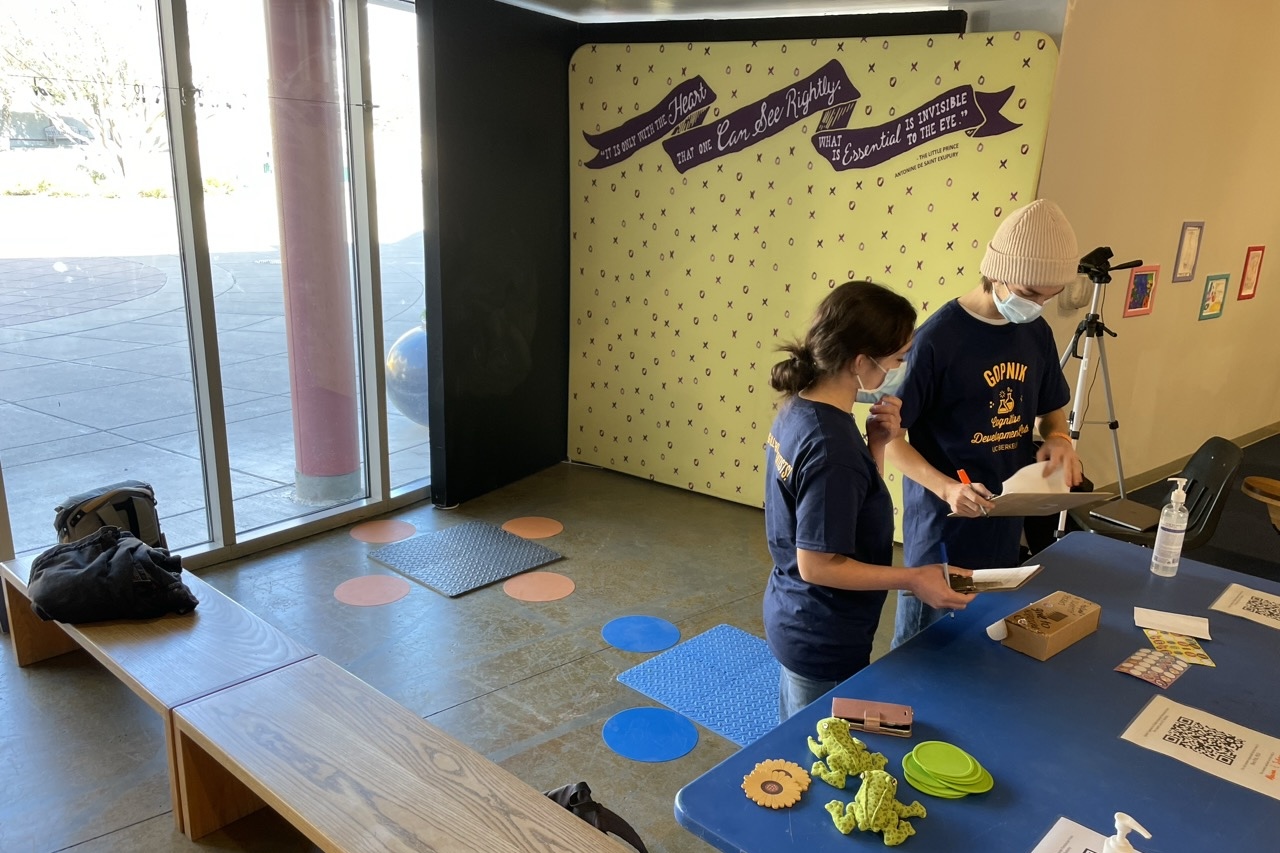


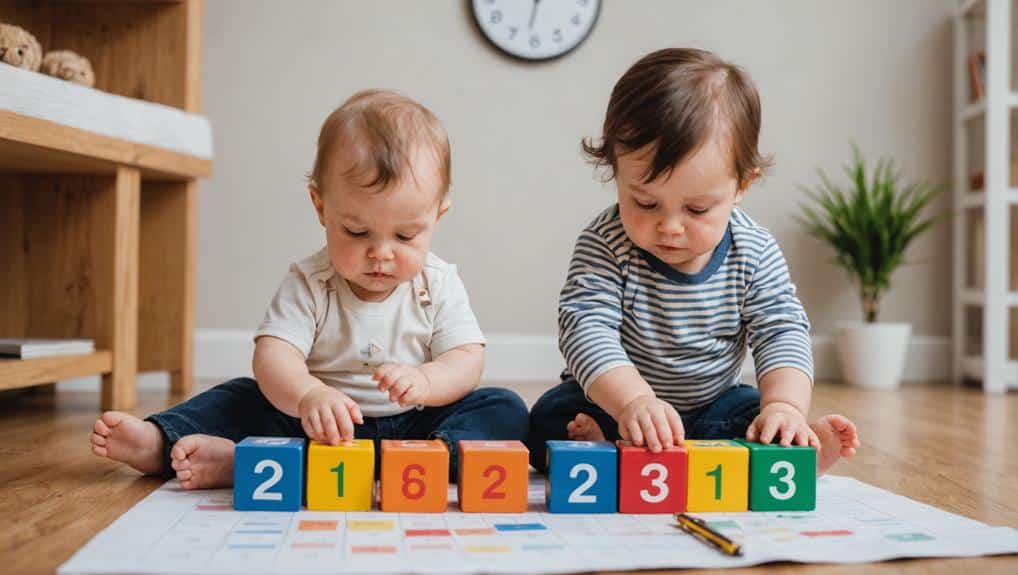
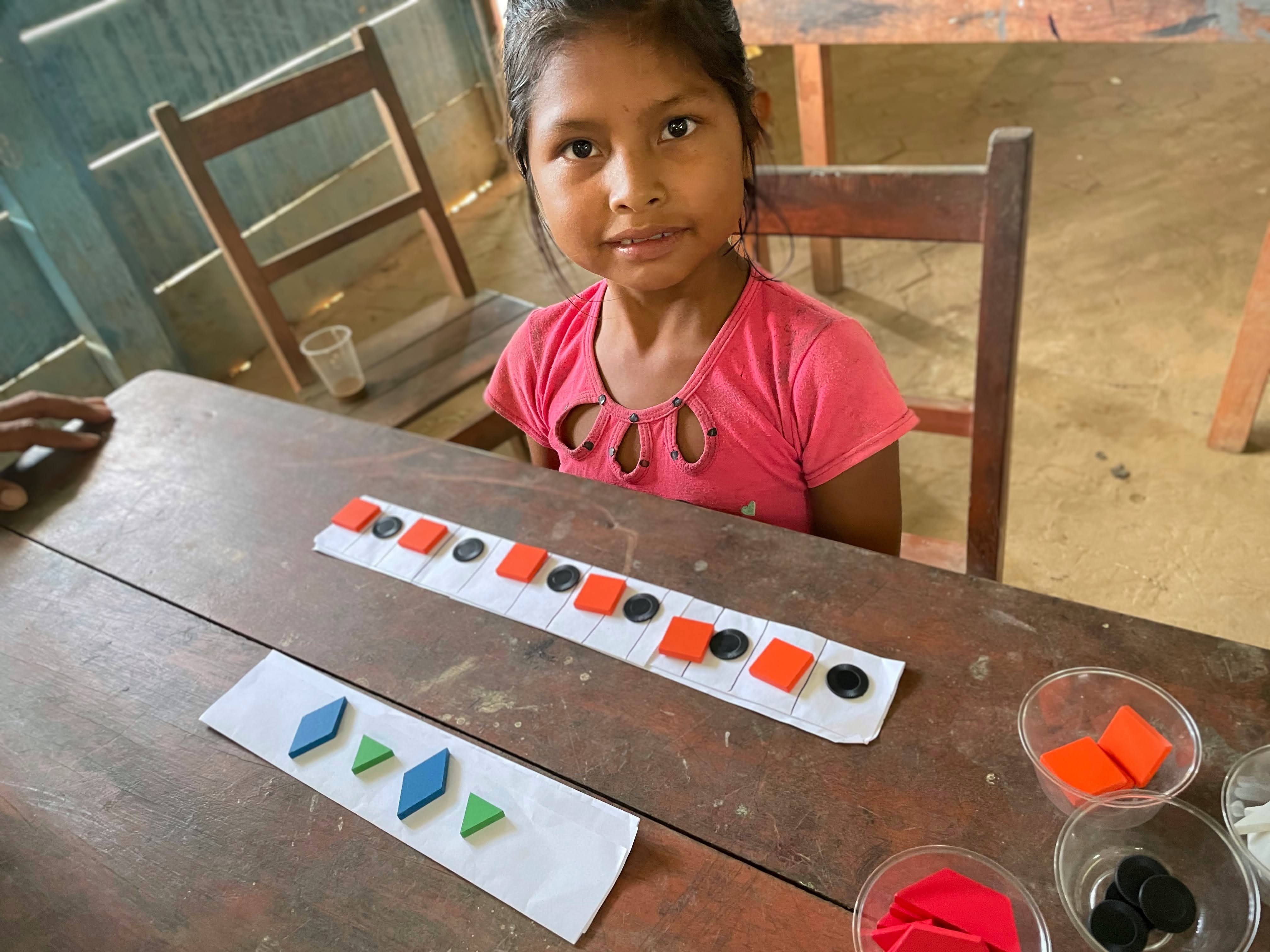
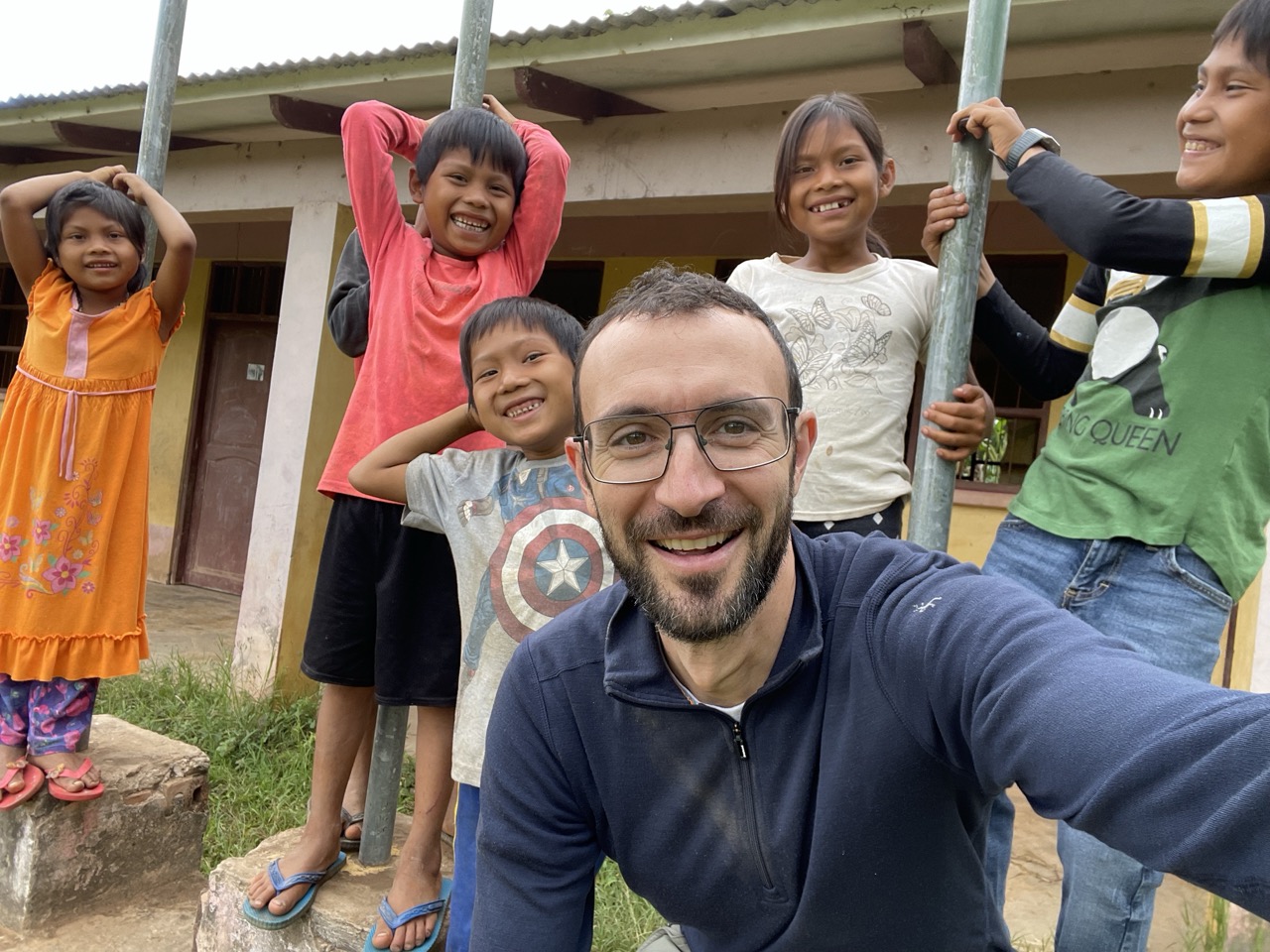
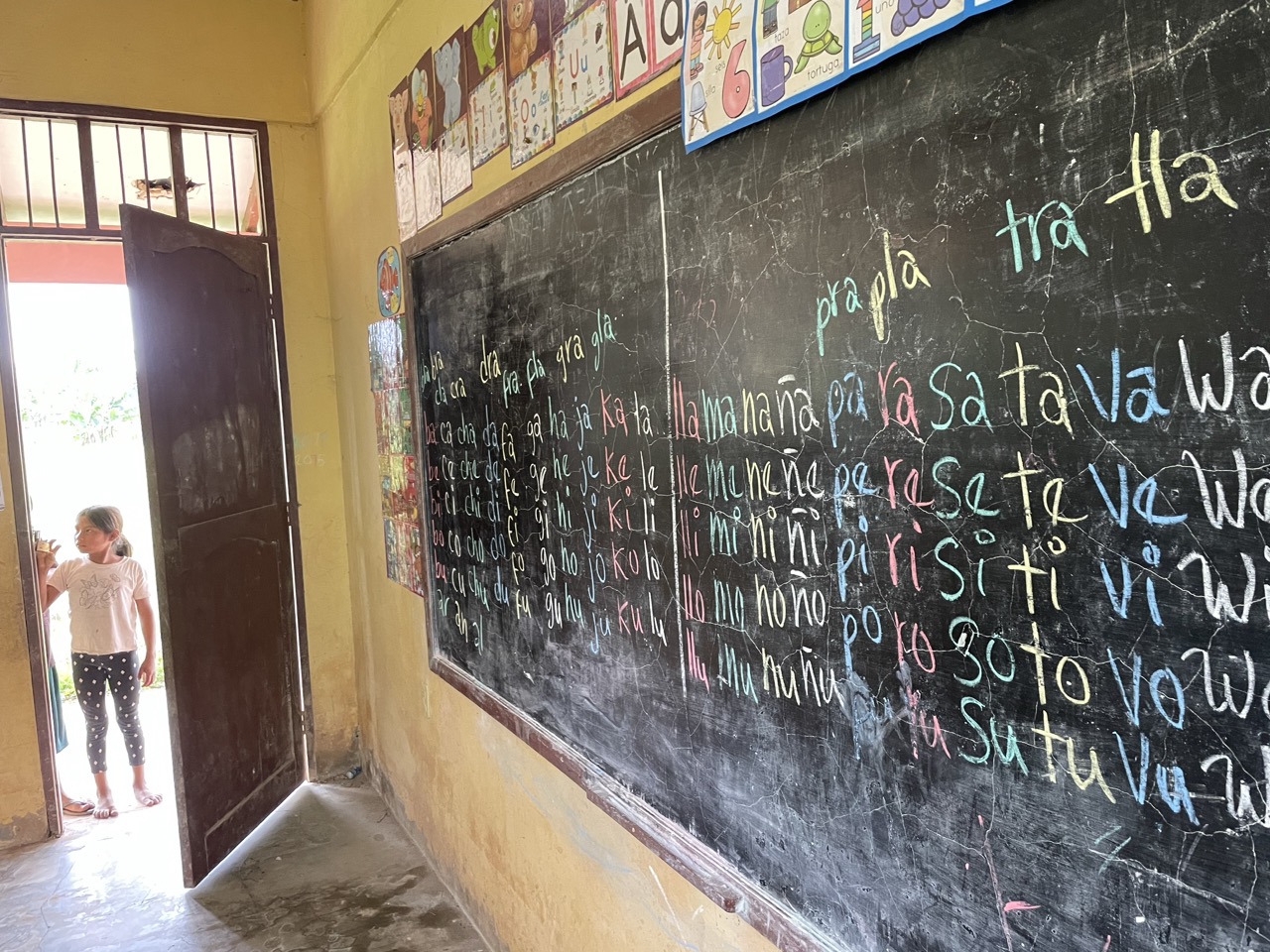
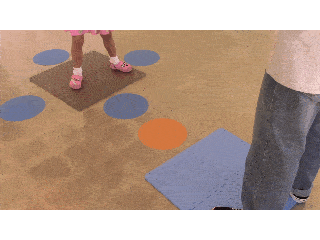
Example study: How do children conceptualize the space around them?
The way we move our bodies can reveal which cognitive system we use to think about space. Here a preschooler learns a short dance routine that starts with her stepping to her right. But after turning around 180 degrees, she repeats the dance not to her right (an egocentric response) but toward the same part of the room (an allocentric response). Children can remember both kinds of spatial information, but the one they use depends on whether they are moving side-side or front-back (Pitt et al., 2023).
References
Proceedings
2023
- Flexible spatial memory in children: Different reference frames on different axesIn Proceedings of the annual meeting of the cognitive science society, 2023